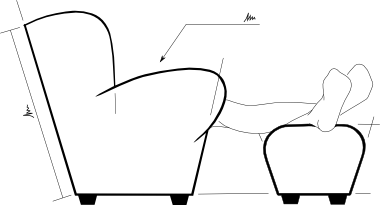Wikis, Fora and Q&As
Wiki — Sharing Information
From my earliest designs for this site, I’ve wanted to include a wiki to hold technical information, drawings and documentation about Def-Proc projects as part of my commitment to allowing open access to the detail that makes up the engineering behind those projects. This also means allowing user generated content to extend that detail, just what wikis are designed for.
But a wiki only holds structured content: detail about topics that are decided a priori. The topic is decided before the information is written (the page title dictates the content) and the information flow is only one-way (only the person with the information can decide what to include) because “the writer doesn’t know what you want to know”.
So, with a wiki you can find out what the page author wanted to write about.
Forum — Discussion
The traditional way of including a two-way flow of information is by allowing users to ask questions.
While I had originally intended to include a forum on the site, I no longer think it’s the best choice; mainly because I’m not sure that a forum is the right tool for asking questions. Forums are broad tools, they allow space for a group of people to hold discussions, but there isn’t much focus about what gets discussed.
A forum is great for an interest group, it provides a space for members of the group to interact, but forums about a product group tend to be places to just ask questions. It could be support requests, bug reports or development suggestions; but all of these are questions. There is very little off topic banter, despite the traditional “Off-Topic” area, and most interactions are based around some form of expert exchange.
So a forum might not be the best choice to supplement a wiki.
Q&A; — Finding Out
While some Questions and Answer sites (like the stack exchange sites) are aiming to destroy forums, I think that they are actually a different type of interaction. (Although I’m not a big fan of all the extra cruft that forums have either)
Although Q&A; sites often include some of the functions of wikis (editing) and of forums (discussion), they really serve best as a form of expert exchange, where you can find out (and later find by searching) information that is not immediately available. So “known-unknowns” can be obtained a posteriori: when someone realises that they don’t know something, then they can ask about it.
So a Q&A; site might be better. I’m currently evaluating OSQA and question2answer.
